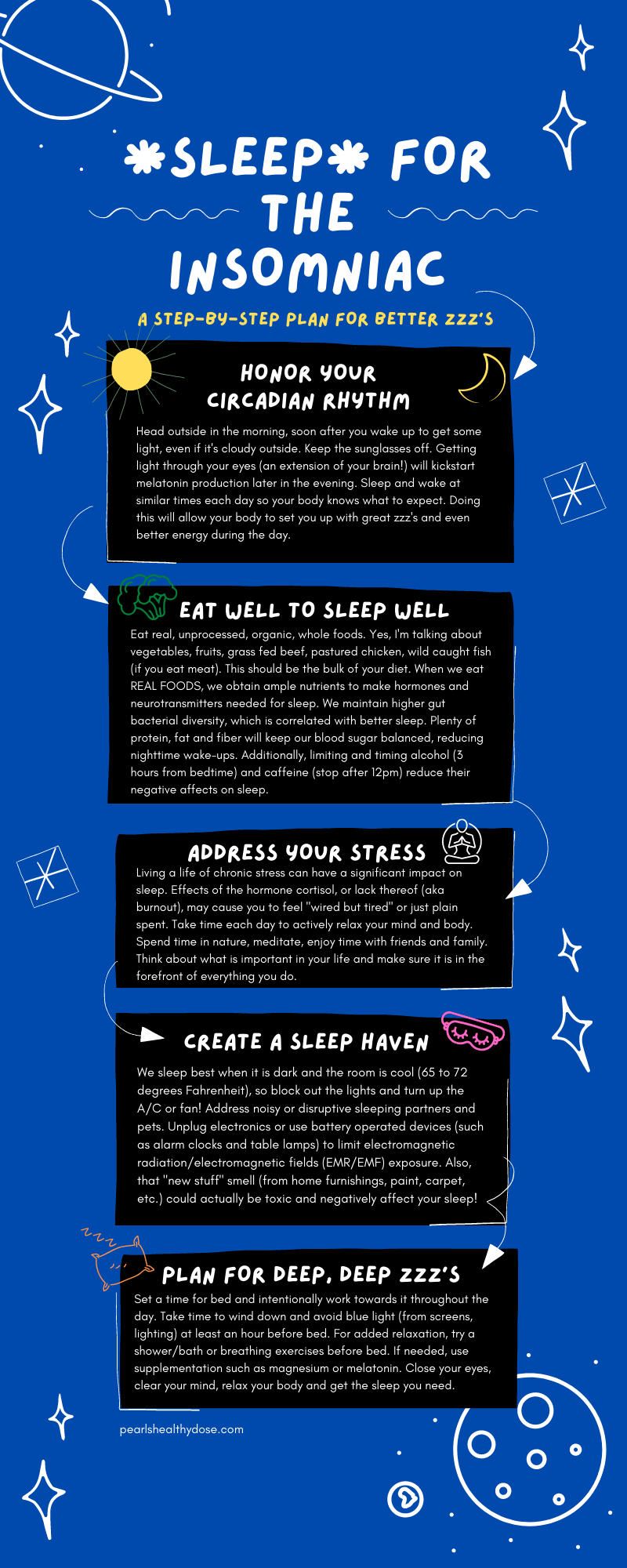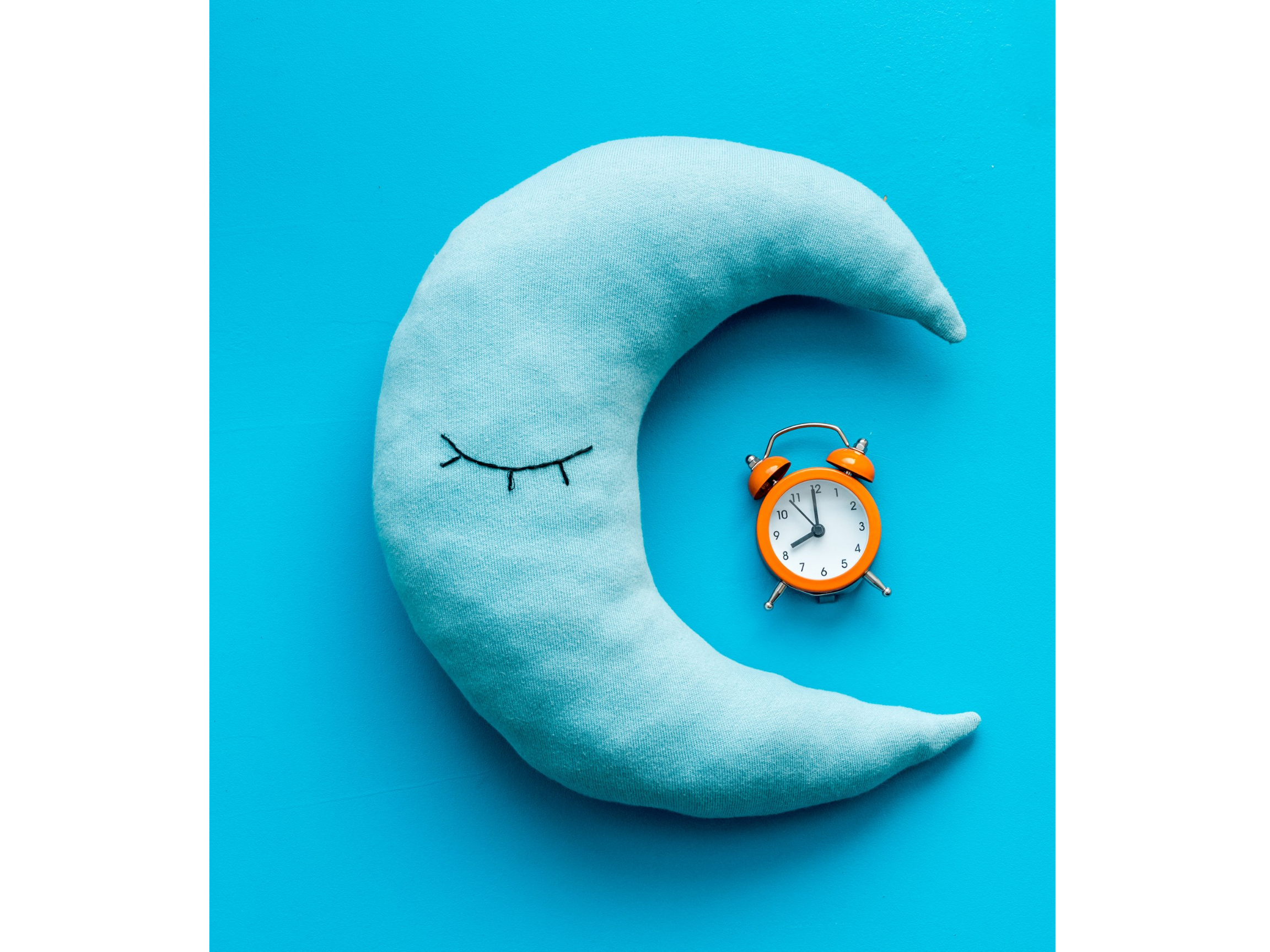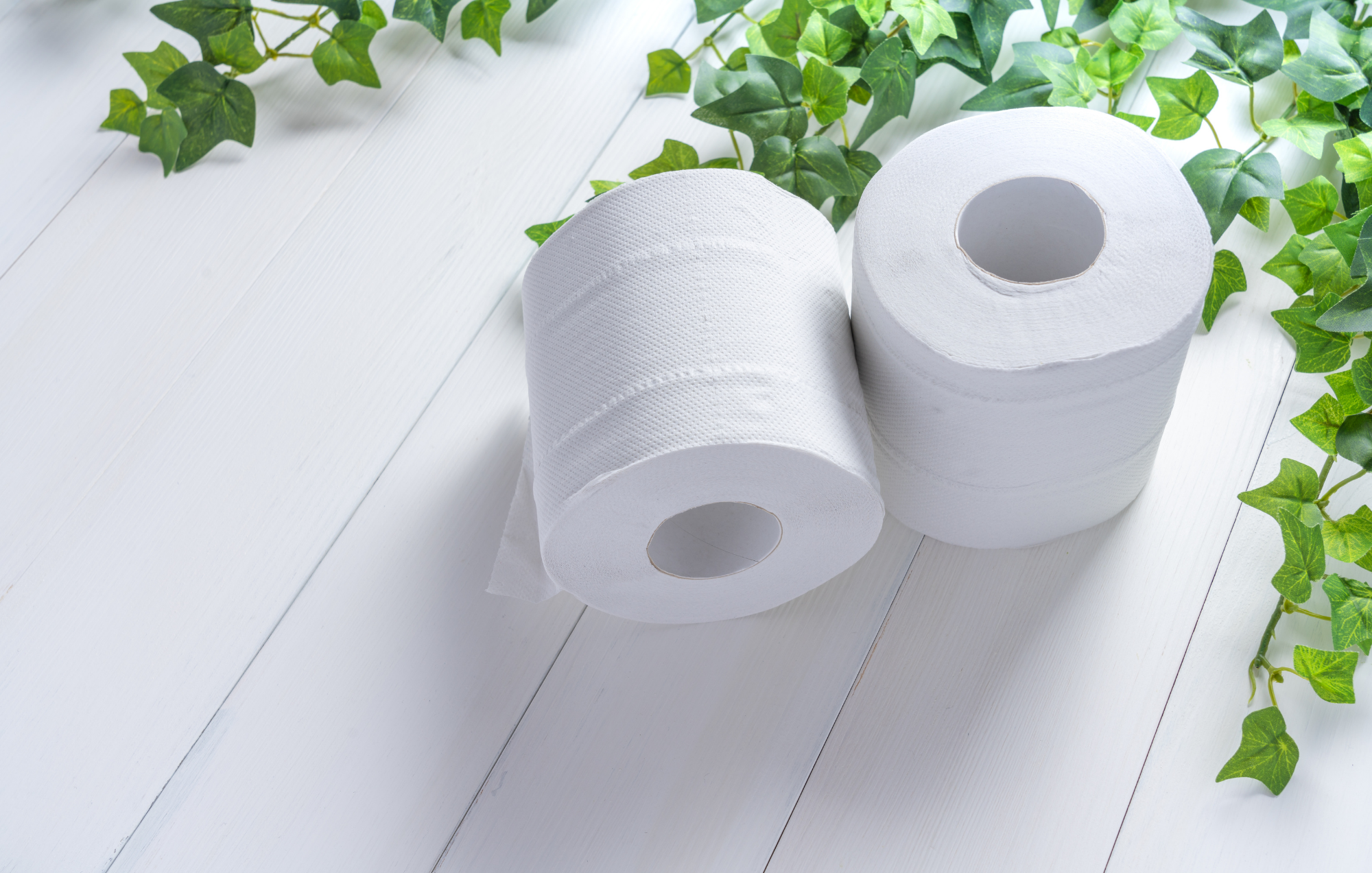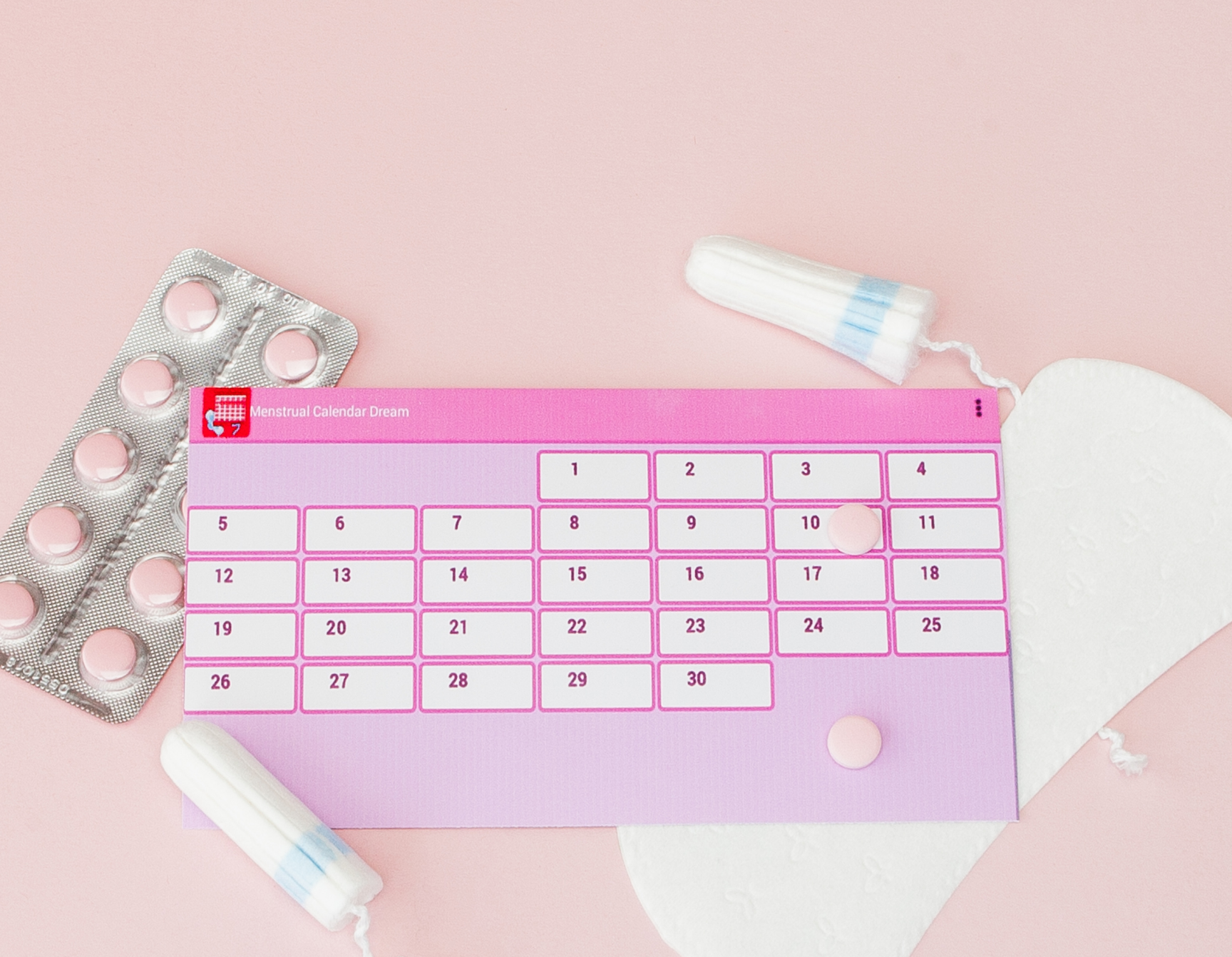Why am I so tired all the time? How do I fall asleep and stay asleep? Why do I keep waking up at night? These are questions many of us deal with, at least from time to time. Here are some tools and tips that I hope can help you achieve high quality rest at night!

Sleep is a fundamental biological necessity. When we get sufficient and good quality sleep, we wake up feeling refreshed and ready to start the day. However, many of us do not get the sleep we need. We often try to hack our bodies with sugar and caffeine, but their temporary effects wear off and are no comparison to a good night’s rest. Unfortunately, there is no short-cut when it comes to sleep. We must proactively work on our sleep hygiene and it is well worth the effort. In fact, getting sufficient sleep affects nearly every aspect of our health.
Sufficient sleep is required for:
- Maintenance of a strong immune system
- Regulation of thyroid hormones
- Weight control
- Production of growth hormone (the “anti-aging hormone!”) which helps to increase lean body muscle, burn fat, and increase bone mineral density
- Detoxification
- Glymphatic system clean-up. Your brain needs to clean up waste accumulated throughout the day and this only occurs during sleep.
Conversely, not getting enough sleep does our bodies great disservice. Just one night of poor sleep can have consequences such as increased food cravings, decreased pain tolerance, impaired memory, moodiness and poor coordination (increasing risk of accidents and injury). Long term sleep deprivation is associated with health issues such as obesity, diabetes, depression, decreased sex drive and heart disease. Additionally, even a single night of sleep deprivation has been found to increase individuals’ production of beta amyloid and tau, proteins in the brain associated with dementia and Alzheimers. Not surprisingly, chronic lack of sleep in middle age has been shown to increase risk of Alzheimers later in life. Chronic sleep deprivation is also associated with an increase in risk of cancer. With all this in mind, I hope you agree that operating on little sleep is far from a badge of honor. Getting sufficient zzz’s is something we all need to take seriously!
How much sleep is enough?
Some of us may require more sleep and some less. As we age, our sleep duration changes as well. Children and adolescents require more sleep, while older adults may require slightly less. However, 7 to 9 hours is the normal and recommended range for adults >18 years old and 7 to 8 hours is the recommended range for adults 65 and greater.
Am I getting quality sleep?
We should feel rested when we wake up, especially after having slept the recommended amount of time. If not, evaluate your sleep. Do you snore? Sleep apnea is more likely in individuals who snore and it involves short periods of not breathing during sleep. This is commonly associated with obese individuals, but can occur in people of all sizes.
Another factor to consider is whether you are mouth breathing during sleep. If your nose often feels stuffy or you wake up with a dry mouth, it is more likely that you are breathing with your mouth rather than through your nose overnight. This impedes quality sleep and can make you feel fatigued during the daytime. If this is something you may be dealing with, try mouth taping. There are mouth tapes available for this use and its cost effectiveness and ease of use makes it definitely worth a try.
What are the different types of sleep loss?
Insomnia is commonly categorized as:
Sleep Onset Insomnia is when you have difficulty falling asleep. This is often caused by stress and worry. Sometimes we cannot turn our minds off and spend time laying in bed ruminating about events of the past or future.
OR
Sleep Maintenance Insomnia is when you fall asleep easily, but wake frequently or wake up and have a hard time falling back asleep. This is often caused by what we eat or drink, including caffeine, alcohol, and substances that cause blood sugar imbalance such as simple carbohydrates. Stress (and elevated cortisol as a result) can also be a cause of sleep maintenance insomnia.
Good to know, so how do I get better sleep?
First, honor your circadian rhythm.
Light and darkness will dictate production of melatonin in your body, commonly known as the sleep hormone. Good sleep actually starts when you wake up. Heading outside in the morning for 10-15 minutes to get some light, even if it is cloudy outside, will help to set the circadian rhythm. Leave the sunglasses off and actually go outside because a window will block a significant amount of the light. This will tell your body that it is daytime, informing it to kickstart melatonin production later in the evening. Even better, if you are able to catch the sunset, the reddish hues can help combat effects of blue light emitted from electronics and indoor lighting. It is also crucial to sleep and eat at roughly the same time each day. Your body has a central clock (and peripheral clocks) that preps itself for what it is expecting. Sleeping and waking at significantly different times each day will leave you feeling tired, even after “sufficient” (ie – 7-9 hours) sleep. Living in sync with our circadian rhythm is essential for getting the most out of our sleep and to feel energized.
Maintain a balanced blood sugar.
One key factor of falling and staying asleep is a level blood sugar. Why? If your blood sugar falls overnight, your body will release cortisol and adrenaline, causing a subsequent rise in your blood sugar level. While helpful for maintaining sufficient blood sugar, your body’s survival mechanism will also wake you up! Adrenaline is not helpful for sleep. Low blood sugar may cause us to wake up feeling hungry or dizzy, whether it is in the middle of the night or in the morning. Some people do not feel anything except for the effects of adrenaline, and find themselves wide awake in the middle of the night!
If you suspect low blood sugar to be the cause of your wake-ups, the best way to fix it is to maintain a level blood sugar during the daytime. A big spike in blood sugar will cause a subsequent crash (low blood sugar). Along with this, comes the feeling of being “hangry,” brain fog, cravings and fatigue. Foods that spike blood glucose include simple carbs and sugar such as processed foods, bread, pasta, crackers, and candy. To maintain a steady blood glucose, eat nutrient dense foods: quality protein, vegetables, and “good” fats.
If you suspect low blood sugar to be the culprit for your wake ups, try eating something with high protein or fat content right before bed. An egg, nuts or nut butters would be ideal. Avoid cashews and peanuts since they are more likely to raise your blood sugar than other nuts (they have higher glycemic load). If this works, try to increase your nutrient intake during the daytime to avoid these nightly glucose dips. Maintaining a balanced blood sugar is important for good health, and is crucial for quality sleep.
Address your stress.
If you are feeling stressed, your sleep could be greatly impacted. If the stressors are a constant, it is crucial to address them and to make the changes needed to lessen the impact on sleep and overall health. Meditation (my favorite is Ziva) and breathwork, time in nature, and gratitude journaling are great stress relieving activities. Active relaxation and doing things you find fun and enjoyable are an important part of life. If you tend to ruminate, writing down what you are thinking about before bedtime can be helpful to get it off your mind. Stress is something everyone deals with and many of us face very difficult real life situations. However, we cannot allow our sleep to chronically suffer from stress. It is important to try to reframe our stress and to participate in active relaxation to help promote the sleep our bodies need.
Get sufficient nutrition.
A deficiency in nutrients can affect our sleep. In order for our bodies to produce melatonin (the sleep hormone), we need ample B vitamins and the amino acid tryptophan (commonly known to be present in turkey, promoting that post Thanksgiving meal crash). Additional nutrients that are important include magnesium, vitamin D, vitamin C, iron, and zinc. Having a diet rich in whole (non-processed) foods can ensure adequate nutrition. You can also work with your healthcare provider to supplement these vitamins and minerals.
Maintain a diverse gut microbiome.
Present in our intestinal tract, our gut microbiome consists of trillions of microorganisms that outnumber our own cells 10 to 1. A healthy gut typically consists of more than 1000 species. Recent research in the gut microbiome has made a lot of progress and our microbiome has been found to impact nearly every aspect of our well-being, including sleep. Studies have shown that having a diverse microbiome is positively correlated with better sleep. This means that the greater variety of gut bugs you have, the better for sleep!
How do we protect and promote diversity of our gut microbiome? Eat a variety of vegetables (this is food for our gut bacteria – aka prebiotics) and fermented foods (such as kimchi, sauerkraut, yogurt – aka probiotics which contain live bacteria). To protect gut diversity, avoid unnecessary antibiotic use, avoid conventionally raised meats (antibiotics are often used with these animals) and eat organic produce (not sprayed with pesticides).
Limit Alcohol.
Not to burst any bubbles, but alcohol does not help with sleep. While it may help us fall asleep quicker, sleep quality takes a hit. Alcohol is a sedative (unfortunately, much like many prescription sleeping pills) and merely knocks us out rather than inducing real sleep. It disrupts our sleep cycles, interferes with production of growth hormone (anti-aging hormone) and causes frequent wake ups. Additionally, alcohol can relax our throat muscles so much that it causes us to snore and increases risk of sleep apnea, where you stop breathing periodically while asleep. Drinking alcohol can leave us waking up tired, groggy and unrefreshed. If drinking, it is best to limit to 1-2 drinks and time them to be at least 3 hours from bedtime.
Time your caffeine intake.
Another favorite “substance” (certainly my favorite!) is caffeine. One of the few downsides we all know about is its potential for disruption of sleep. While many people can fall asleep easily after drinking a cup of coffee, if you are waking up unrefreshed, it would be a good idea to look at your caffeine consumption. The general rule of thumb is to stop consuming caffeine by noon and to limit it to 1-2 cups. If it still affects you then, try stopping 12 hours before bedtime. As a slow caffeine metabolizer, this is what I have to do! Green tea such as matcha, however, contains l-theanine, which can moderate some of the the jittery effects of caffeine. This makes it a good alternative for those sensitive to coffee or when looking for a coffee replacement later in the day. It is important to account for all sources of caffeine consumption, and in addition to coffee, caffeine may be present in teas, sodas, energy drinks, chocolate (cacao) and supplements.
Keep sex hormones balanced.
In both males and females, hormone imbalance can be disruptive to sleep. In males, low testosterone has been shown to decrease sleep duration and quality. Conversely, sleep deprivation can cause low testosterone. In females, during the reproductive years, sleep can be disrupted especially during the week prior to the period. Progesterone is commonly known as the relaxation hormone that is helpful in inducing sleep. Thus, having low progesterone or “estrogen dominance” (low progesterone relative to estrogen) can cause poor, disrupted sleep or insomnia. Conversely, same as males, when females do not get enough sleep, hormones such as progesterone can be disrupted. Additionally, maintaining balanced hormones before menopause can help decrease the symptoms (ie – night sweats, hot flashes) that can affect sleep during the transition to menopause. Post menopause, normal changes in hormones can affect sleep, and practicing a healthy lifestyle with good sleep hygiene during this time is especially important for quality sleep.
Know your medications.
If you are taking any medications, beware of their effects on sleep. Examples of medications that could affect sleep include stimulants for ADHD, pseudoephedrine (ie- Sudafed) nasal decongestant present in products for the common cold/flu, certain blood pressure and heart medications (ACE inhibitors, ARBs, beta blockers, statins), steroids, and SSRI antidepressants (ie- Prozac, Zoloft, Lexapro). When starting any of these medications, pay attention to whether it affects your sleep, especially if you will be taking it long term. If it does, your healthcare provider may be able to switch you to an alternative.
What about prescription medications to help with sleep? There are many prescription medications available for insomnia. However, they often cause grogginess and sleepiness the next day. Sleepwalking is another side effect that’s dangerous and scary. The whole point of sleep is to recharge you, but these medications often just heavily sedate you and disrupt the sleep stages that normally occur. While these medications have their place in the treatment of insomnia, it is best to try alternative modalities first.
Create a sleep-inducing environment.
We achieve the best quality sleep in a cool, dark environment. Keep temperatures between 65 to 72 degrees Fahrenheit, using a fan if needed. Eliminate sources of light by using blackout curtains and unplugging electronics. Light from electronics could also be covered up with electrical tape. This is especially useful when traveling, for example, when there are multiple sources of light in hotel rooms (ie – telephone, alarm clock, TV).
Another reason for eliminating and unplugging electronics is EMR/EMF (electromagnetic radiation/electromagnetic fields) which can affect sleep for some people. Anything plugged into the wall is a significant source, as well as electronic devices actively connected through signals such as wi-fi or bluetooth. Avoiding EMR/EMF when we are asleep is especially important to give our bodies a break from exposure and to support the healing that naturally occurs during sleep.
To do this, avoid having electronics in the bedroom and if you must, find versions that are battery operated. For example, alarm clocks and desk lamps are available in battery operated versions. When you go to sleep, consider putting your phone on airplane mode or if leaving it on, put it on the opposite side of the room. Additionally, avoid charging your phone on your night stand, but instead, charge it during the day and when you are not using it. Note that devices used for fitness tracking (ie- Fitbit) and wireless headphones can be sources of EMFs as well. It is thought that “grounding” or “earthing” where you put your bare feet on the grass or dirt, can help mitigate the effects of harmful radiation and improve sleep. Why not? It’s free and worth a try!
Other environmental factors can affect sleep. For example, having a partner or pet who snores or wakes you up in the middle of the night can be highly disruptive. By the way, if your partner snores often, make sure they address this issue with a healthcare provider (and give mouth taping a try)! Additionally, for some people sensitive to toxins, the off-gassing of VOCs (volatile organic compounds) can affect their sleep. Household items such as new mattresses, fresh carpeting or paint could contribute to VOCs in the air. Keeping the windows open and plants such as snake plants (my favorite due to its low maintenance!), devil’s ivy, peace lily and spider plants can help remove toxins and clean the air.
Establish a sleep promoting evening and bedtime routine.
While getting quality sleep at night starts with what we do during the day, our evening and nighttime habits have a great impact on our sleep as well. This is a time for “winding down” and preparing our bodies for the rest it needs. In fact, going through the steps of preparing for bed (ie- brushing teeth, washing face, changing into pajamas) can queue our mind and body towards sleep. If you have kids, this is the same concept as sleep routines for putting the young ones to bed. Having a consistent routine can help our bodies ease into a good night’s rest. With that, you can also make sure your evening activities are sleep promoting.
- As mentioned above, avoiding blue light (especially after sunset) is important to allow our bodies to make melatonin. Turn off screens at least 1-2 hours before bed or if you are unable to, turn screens to “night mode” and consider wearing blue light blocking glasses. Dim lights inside the house after sunset and try to avoid LED lighting and “bright white” bulbs. What is there to do in a dark(ish) house if I’m not Netflixing or on social media? Try reading a book (my favorite!), playing a puzzle/game, taking a walk outside, taking a bath, or bonding with family/friends. These activities are generally more “calming” than shows/movies and social media, thus better at promoting sleep.
- Exercise is excellent for improving sleep quality, onset and duration (nobody needs to be told that exercise is good for health, including sleep!) However, it is best to avoid workouts within 3 hours of sleep as the adrenaline could affect your sleep.
- Having dinner (and if you choose to – consume alcohol) at least 3 hours before bedtime to allow for digestion and avoid snacking after dinner. Sleeping on a too full stomach could affect sleep quality. Additionally, as mentioned above, there is the issue of blood sugar balance that could affect your sleep. In the case where you end up eating a late, heavy meal and know that it affects your sleep, you can try taking a digestive enzyme to help your body process the food and lessen the impact on your sleep.
- Taking a hot shower or bath can decrease core body temperature to help us fall asleep easier. The addition of Epsom salt to a bath can relax our muscles and relieve pain if there is any. Additionally, lavender oil can relax the mind and assist with sleep.
- Especially after a stressful day, or if you are feeling “wired but tired,” try a breathing exercise before bed. When we inhale longer than exhaling, it can promote deep relaxation.
- Box breathing: Inhale to a count of 4, hold for 4, exhale 6, and hold 2. Repeat. Try for at least 6 rounds or more if needed.
- 4-7-8 breathing: Breathe in and exhale through the mouth audibly. Then close the mouth and inhale through the nose to the count of 4. Hold for a count of 7. Then exhale completely through the mouth audibly to the count of 8. Repeat for at least 4 breaths.
Finally, mind the supplements.
Sufficient nutrition is vital for optimal health and it is also essential for quality sleep. While our goal is always to obtain what our bodies need from whole foods, with our deficient food system today, it is common to have gaps in nutrition. As mentioned above, having vitamin or mineral deficiencies can affect sleep. If you are having trouble sleeping and suspect your diet to be part of the cause, or if you just want to optimize your nutrition, basic supplements are a good way to go.
Getting a quality multivitamin is a good place to start. Most will contain the B vitamins, iron, and zinc that you need for sleep. Additional supplementation with vitamin D and magnesium may be needed as there are often insufficient amounts in multivitamins. Magnesium, in particular, is known to help with sleep and is a good supplement option with minimal side effects. To round out basic supplementation, omega-3s are also crucial for the function of our bodies and have been shown to affect sleep. Sufficient omega-3s are best obtained through two or more servings of fatty fish per week. The “SMASH” fish (salmon, mackerel, anchovies, sardines, herring) are good choices as they are lower in mercury. Alternatively, supplement with omega-3s from a sustainable and third party tested source. Additionally, remember that tryptophan from protein sources is also important for production of melatonin.
Use of melatonin supplementation for sleep has become increasingly popular. This can be a “natural” option for occasional sleep troubles, travel that causes jet lag, or shift work. However, daily use could potentially result in effectiveness to wane over time as the brain starts becoming desensitized to it, resulting in the need for increased dosing and potentially worsening insomnia. If trying melatonin, Herbatonin may be a good option that’s plant-derived and not made from synthetic sources. Melatonin may be worth a try in certain situations, but long term, it is best to work on sleep hygiene and to find the lifestyle factors that may be causing your insomnia.
If you are experiencing sleep troubles, I hope this guide sheds some light on the cause and gives you some helpful tools. Knowing the root cause of your insomnia is key to solving it and can be very empowering. Getting quality sleep at night starts in the morning. Especially if you are having insomnia, the most important thing you can do is to get sunlight by going outside (not through a window) for 10-15 minutes, or at least a few minutes, soon after waking up. As mentioned, this will help to set your circadian rhythm. Additionally, set your intention for when you plan to go to sleep and accordingly, when you plan to get off the screen. Is that Netflix show or social media feed really more important than your beauty rest? Also, make sure you are giving yourself enough time to be asleep for 7 to 9 hours – long enough to feel well rested. Listen to your body and know that being tired every day is not normal or a requirement for a busy life. With enough rest, our cup is full, and not only does it allow us to feel fantastic, we are able to show up as our best selves for our family, friends, work and other engagements.
References
https://www.ncbi.nlm.nih.gov/pmc/articles/PMC4636982/
https://www.sciencedirect.com/science/article/pii/S1521690X10001144?casa_token=9cUOvGXtsiMAAAAA:gzHl17hBGzV1ao6DV7oCPH8lKPSK6lgXVNRtXh5LAoWqCKvd4ZX_OiKcARLezQ1REXB33so7
https://onlinelibrary.wiley.com/doi/full/10.1046/j.1365-2869.2001.00240.x
https://www.pnas.org/content/115/17/4483
https://www.ncbi.nlm.nih.gov/pmc/articles/PMC2954516/
https://www.sciencedirect.com/science/article/abs/pii/S2352721815000157?casa_token=QkfoUCE94_0AAAAA:wneAkisqwY9TOOmDOaztzu6Ewcu1Icm8sO_0mOzPbJ-H51kwHq1oWWSRVEbNbgdiO_3XEMd7
https://www.ncbi.nlm.nih.gov/pmc/articles/PMC3198018/
https://www.tandfonline.com/doi/full/10.3402/fnr.v56i0.17252
https://pubmed.ncbi.nlm.nih.gov/32156230/
https://www.ncbi.nlm.nih.gov/pmc/articles/PMC7767325/
https://www.ncbi.nlm.nih.gov/pmc/articles/PMC6779243/
https://www.ncbi.nlm.nih.gov/pmc/articles/PMC4290017/
https://www.ncbi.nlm.nih.gov/pmc/articles/PMC5299389/
https://www.ncbi.nlm.nih.gov/pmc/articles/PMC3955336/
https://www.ncbi.nlm.nih.gov/pmc/articles/PMC181172/
https://www.ncbi.nlm.nih.gov/pmc/articles/PMC7830450/



